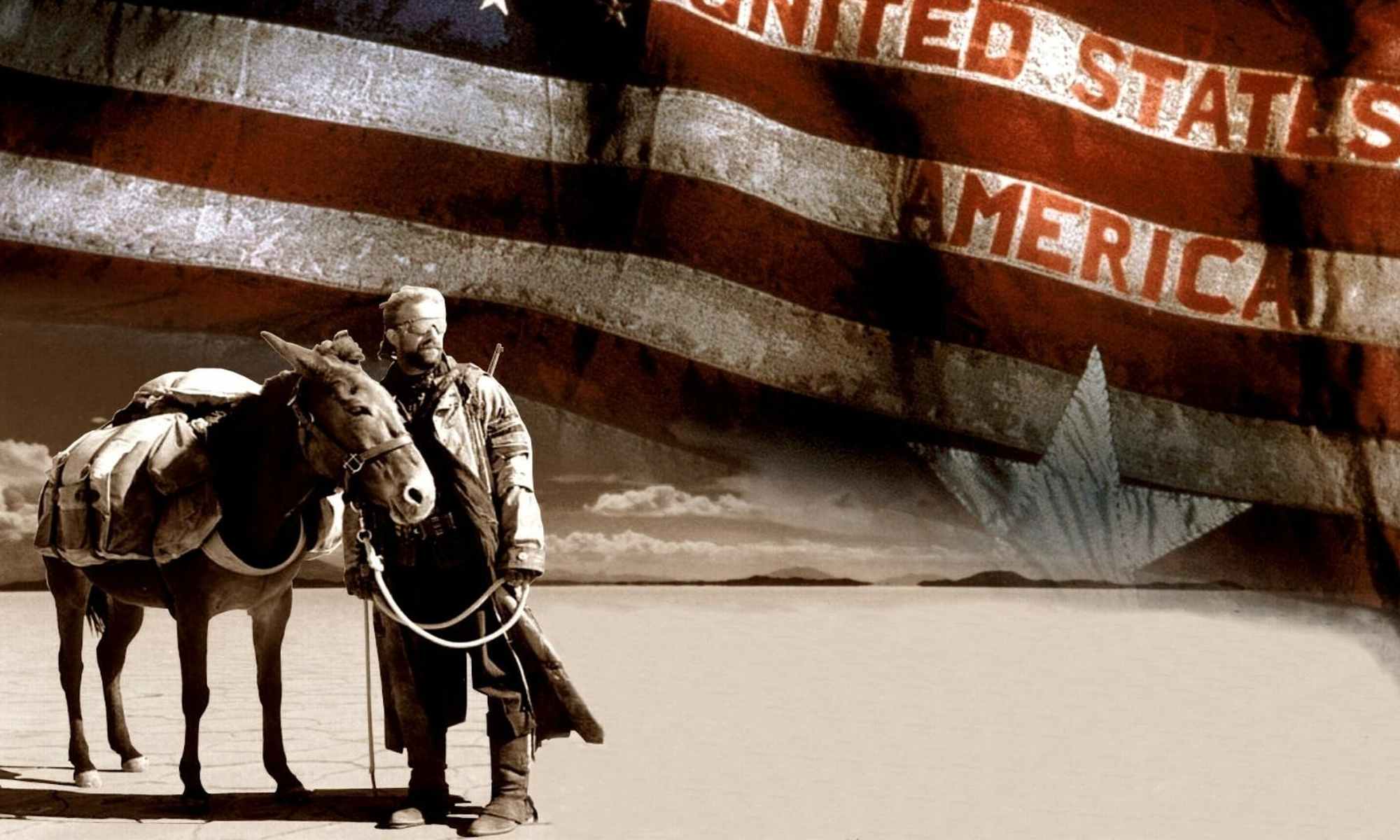“Where the Shadows Rest”
By Martin Jelić
The diner was quiet that night, save for the hum of the jukebox playing a forgotten tune. Charlie, the bartender, wiped down the counter with the same rag he’d been using for years, its faded plaid pattern a testament to his indifference. The only customer sat in the farthest booth, a man with a face carved by time and stories too heavy to share.
“Jimmy Hoffa,” the man said, breaking the silence. His voice carried a gravelly weight, as if each word was pulled from the depths of a mine. “You know the name?”
Charlie looked up, eyebrow raised. “Who doesn’t? Labor unions, Teamsters, disappeared like a ghost. They say he’s buried under Giants Stadium.”
The man chuckled, low and guttural. “Giants Stadium? That’s the tourist version.”
Charlie leaned on the counter, intrigued. “Oh yeah? You got a better one?”
The man took a slow sip of his coffee, the steam curling like smoke from a distant fire. “Better? Nah. But I’ve got the truth.”
Charlie smirked. “Let me guess. You were there?”
The man didn’t answer immediately. He reached into his coat pocket and pulled out a weathered photograph, sliding it across the counter. It showed a group of men in suits, their faces hard, their smiles forced. At the center stood Jimmy Hoffa, unmistakable with his square jaw and piercing eyes.
“That was taken a week before he vanished,” the man said. “And yeah, I was there.”
Charlie picked up the photo, studying it. “So what happened? Concrete shoes? Tossed in the river? Or did aliens take him?”
The man laughed, a sound devoid of humor. “None of that crap. Hoffa was too smart to go out like that. He knew the game, knew the risks. But what he didn’t know was how deep the shadows went.”
Charlie frowned. “Shadows?”
The man leaned closer, his voice dropping to a whisper. “The kind that don’t just kill you. They erase you. Hoffa didn’t vanish because he crossed the mob or the government. He vanished because he got too close to the real power—the ones pulling the strings from behind the curtain.”
Charlie snorted. “What, like some secret cabal?”
The man’s eyes darkened. “Call it what you want. But Hoffa found out the unions were just pawns in a bigger game. He threatened to expose it, to blow the whole thing wide open. So they made him disappear.”
“Disappear how?” Charlie asked, his skepticism fading into curiosity.
The man smiled faintly. “They didn’t kill him. They made him a ghost. New identity, new life, far from here. He’s probably sipping rum on some island right now, watching the world tear itself apart.”
Charlie shook his head. “You’re full of it.”
The man shrugged. “Believe what you want. But ask yourself this—why hasn’t anyone found him? Not a body, not a trace. You think that’s an accident?”
Charlie stared at the photograph again, then back at the man. “And you? How do you fit into all this?”
The man stood, pulling on his coat. “Let’s just say I owed him one. And maybe he owed me, too.”
He dropped a twenty on the counter and walked out into the night, leaving Charlie with more questions than answers. The jukebox stopped playing, and the diner fell silent again.
Charlie picked up the photograph, turning it over. On the back, in faded ink, were the words: “Shadows are where the truth hides.”
He stared at the words for a long time, wondering if he’d just met a man who knew the secrets of the greatest mystery in American history—or if he’d simply been played by another storyteller in a world full of shadows.

